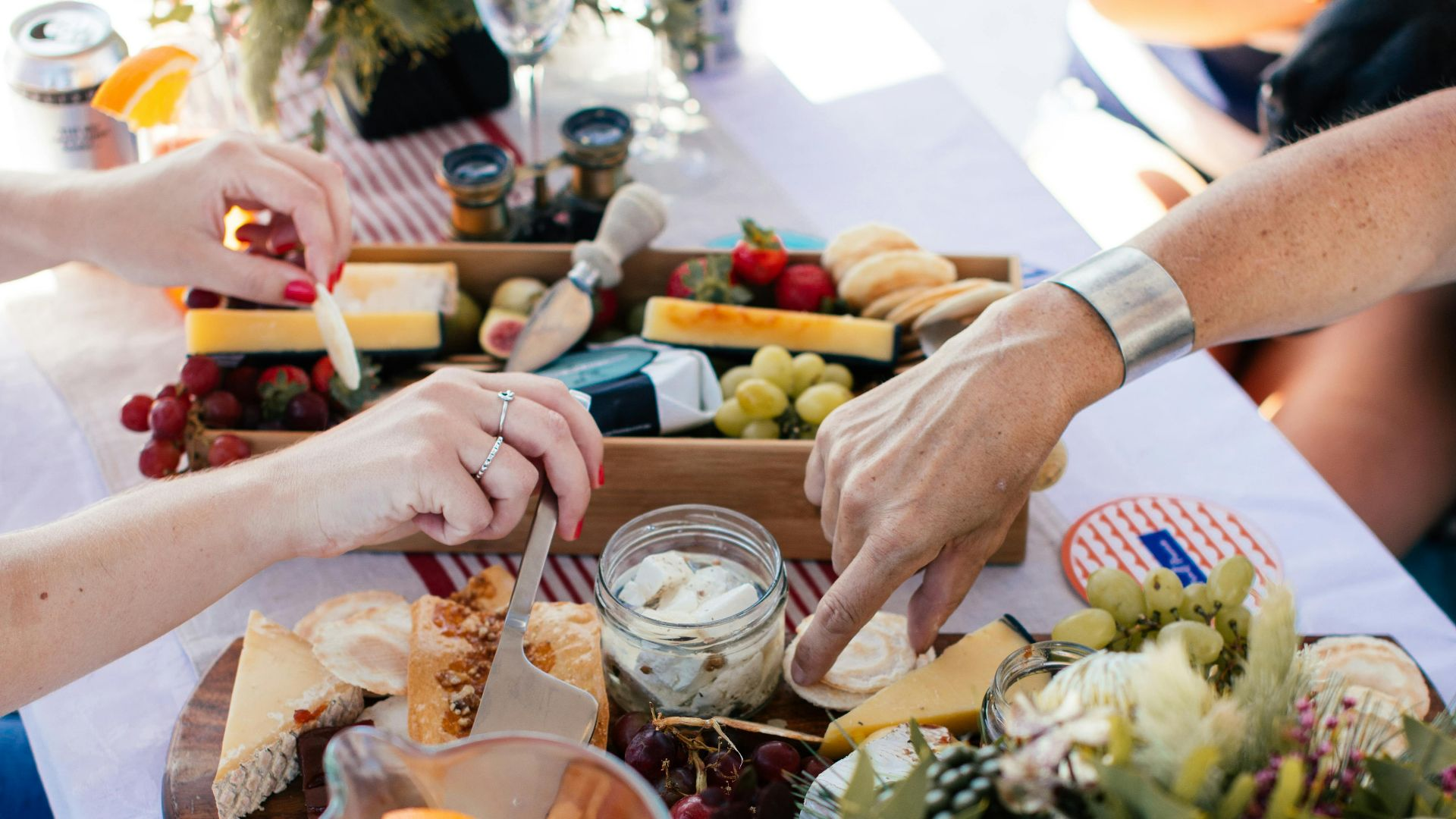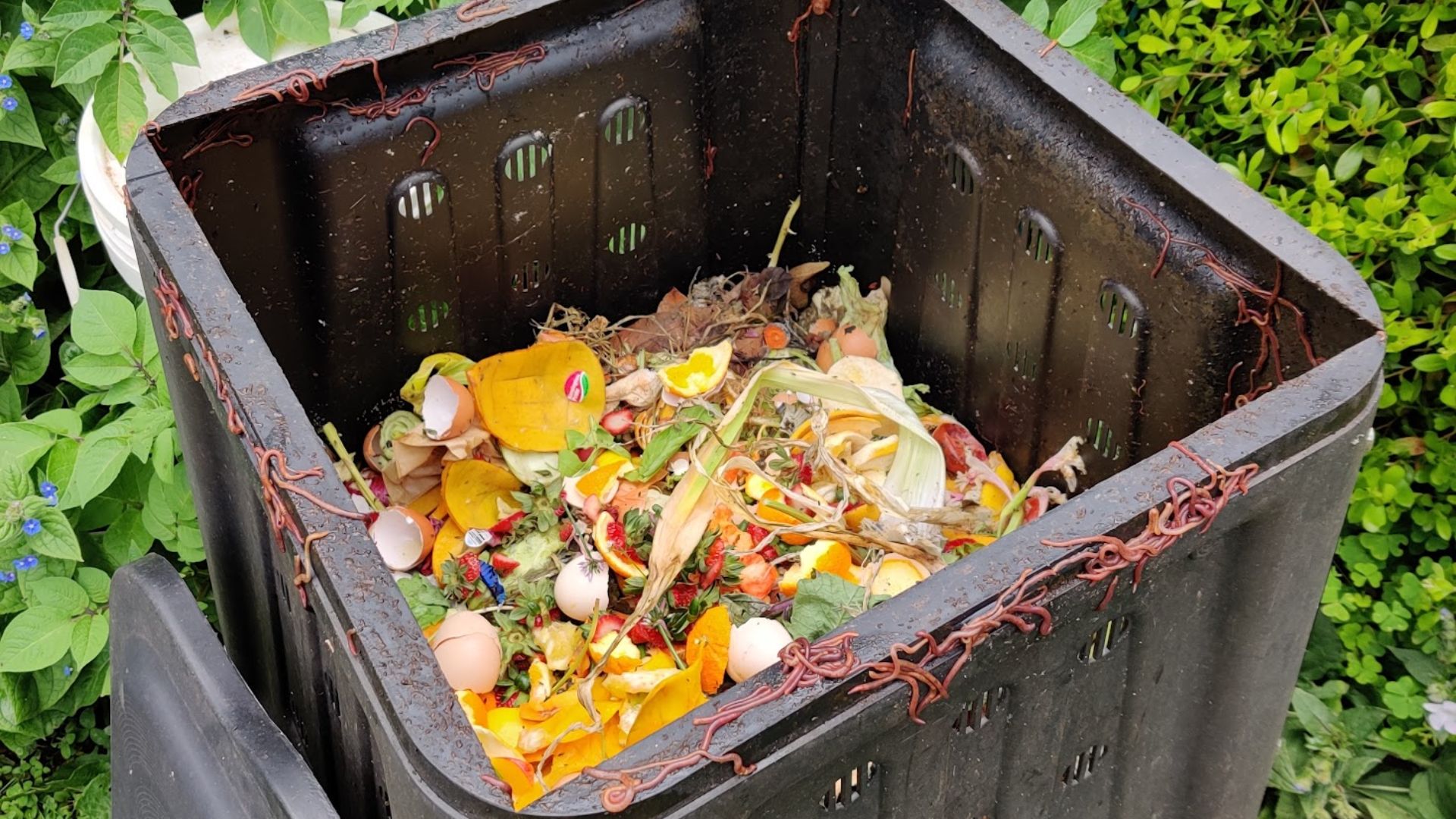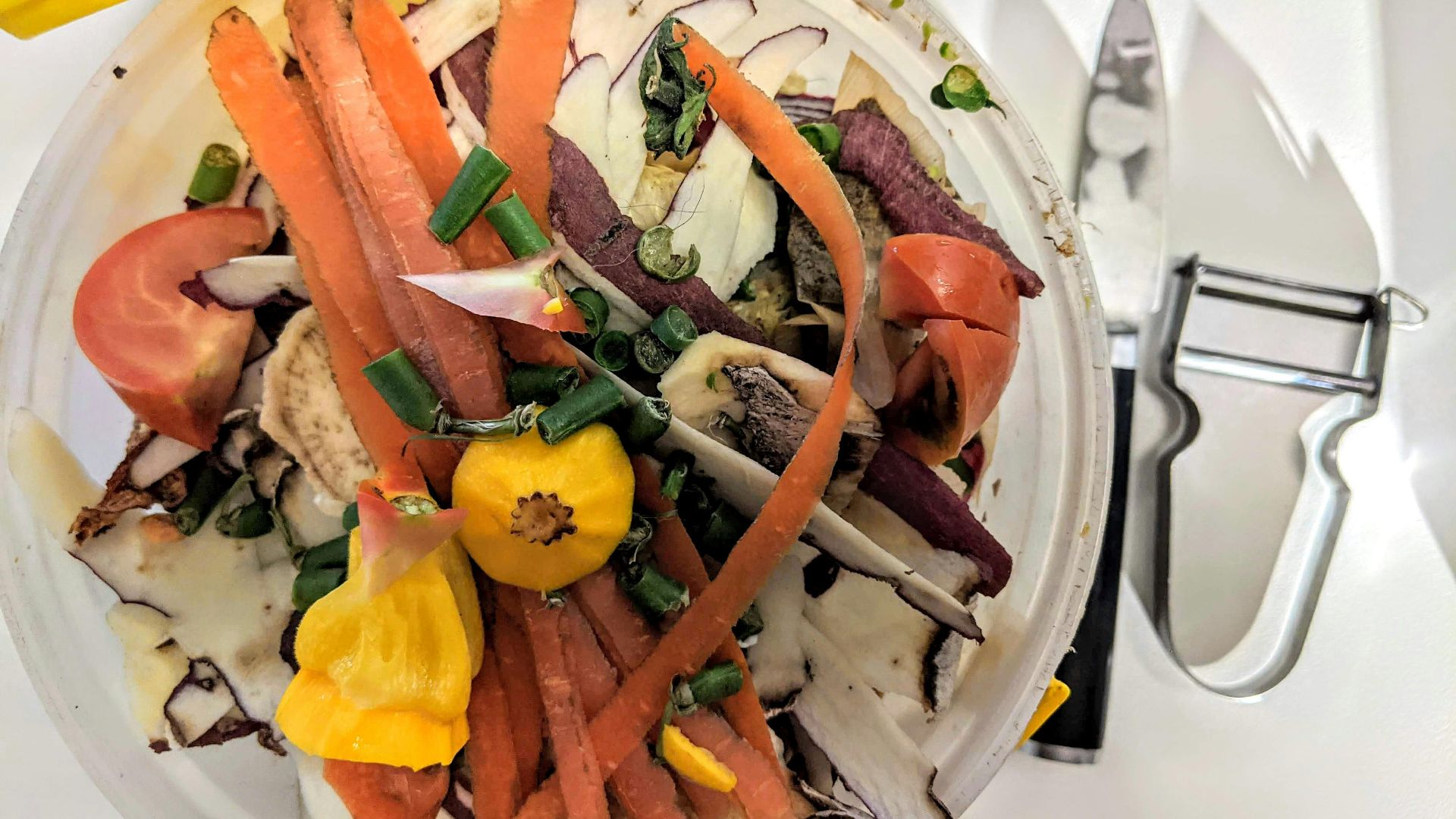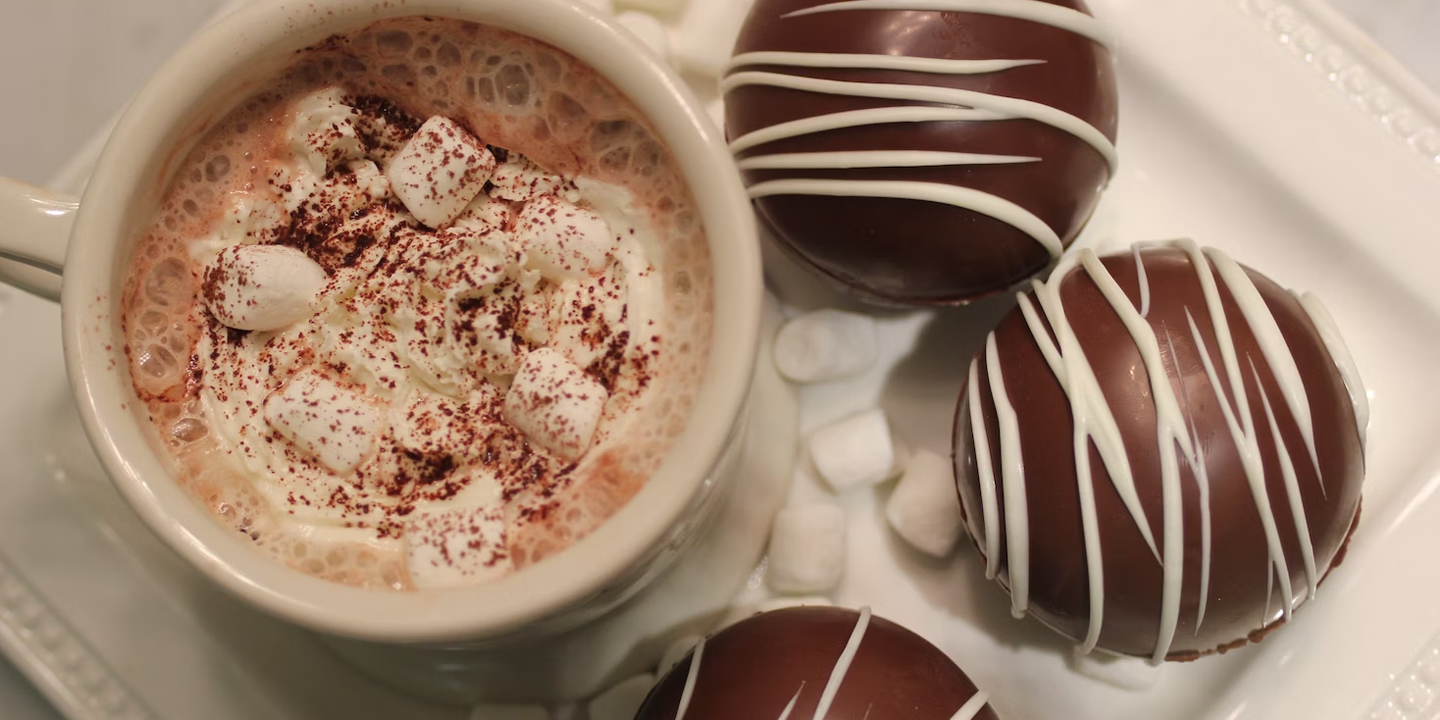You know that satisfying feeling when you scrape your veggie peels into the compost bin and think, “Look at me, saving the planet one peel at a time”? Composting really does feel like a small act of magic. But toss in the wrong thing and suddenly your earthly paradise smells like a dumpster.
So, what should stay out of your compost bin? Let’s dive into it.
When “Organic” Doesn’t Mean Compostable
It’s easy to assume that if something comes from nature, it’ll happily return to it. Unfortunately, composting isn’t that forgiving. Take meat and dairy, for example. When they break down, they release strong odors that attract rats and raccoons faster than you can say “trash day.” They also create pockets of rot that upset the healthy bacteria your compost depends on.
Fats run into a similar issue. Cooking oils—even olive or coconut oil—coat food scraps and soil with a slick layer. That coating blocks airflow and makes it harder for the microbes in your compost to breathe. Once the pile loses airflow, the breakdown slows dramatically.
Then there’s pet waste. It’s “organic,” sure, but it’s also full of harmful bacteria and parasites. Dog and cat feces can contaminate compost with pathogens like E. coli and Toxoplasma gondii, which are definitely not something you want near your tomato patch.
There’s also a whole category of things that look compost-friendly at first glance but cause problems later. Tea bags and coffee filters are a classic example. While plain, unbleached paper products are fine, many commercial tea bags are sealed with a thin layer of plastic. The same goes for coffee pods labeled as “compostable.”
Even foods that can be composted need balance. Citrus peels and onion skins are fine in small amounts, but adding too many at once can make the compost more acidic, potentially slowing the breakdown of other materials—balance with other inputs to maintain pH.
Problem Plants And Diseased Debris
Diseased plant material and mature weeds are best kept out of the compost. Infected leaves and stems can carry fungal diseases like tomato blight or powdery mildew, and unless your compost pile reaches consistently high heat, those pathogens can survive and return to your garden. Weeds that have already gone to seed pose a similar risk—the seeds often remain intact and can sprout right back up once the compost is spread.
You might also think of tossing in walnut leaves, but walnuts contain juglone, a natural compound toxic to many plants. With proper composting (ensuring heat and aeration), juglone typically breaks down, but incomplete processes may leave traces that could stunt your garden’s growth.
The Bottom Line
Composting can turn kitchen scraps into rich, healthy soil, but it only works when the right balance is maintained. Paying attention to what goes in protects the process and keeps odors away.
A quick pause before tossing something in makes all the difference—and your garden will reflect this more than anything. So, be minfdul of what you're composting if you don't want to deal with any unsightly and odorous mishaps.
KEEP ON READING

Happy Hour: The 20 Best Foods For Social Snacking








